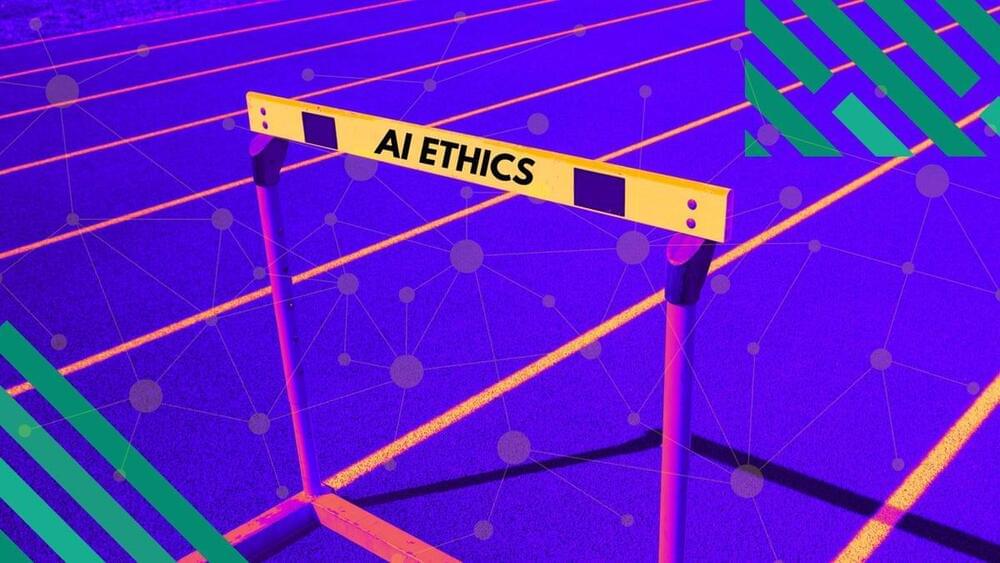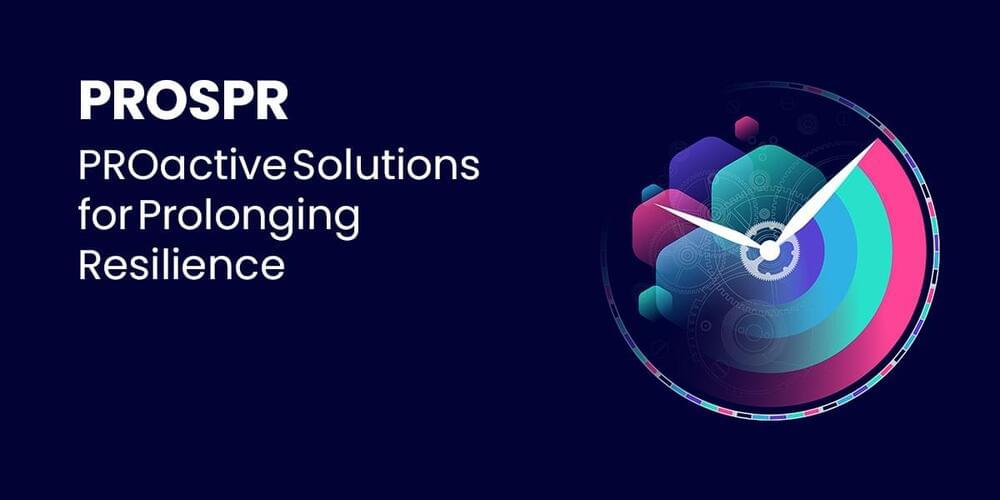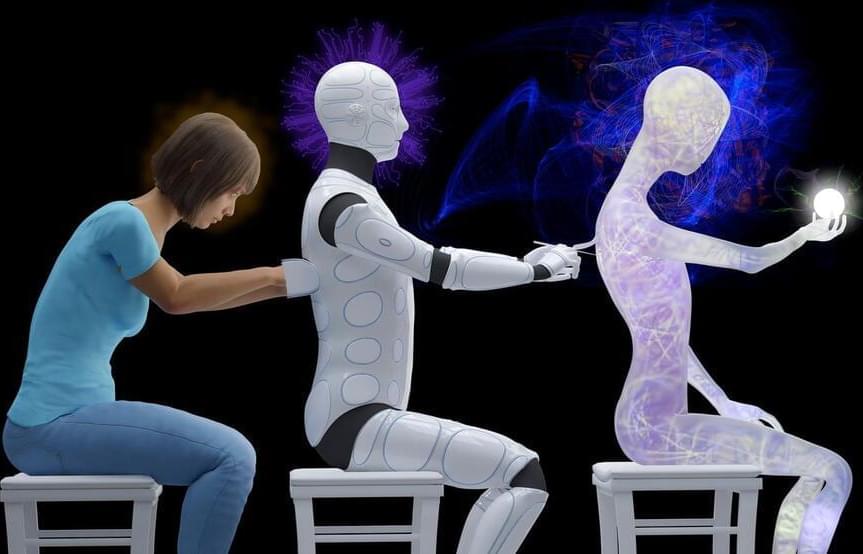Teams designing AI should include linguistics and philosophy experts, parents, young people, everyday people with different life experiences from different socio-economic backgrounds.



Employment and production typically move from agriculture to manufacturing to services, as part of a natural progression that comes with rising income. In Asia, factories have propelled economies, but a transition to modern services could be a new source of growth and productivity. Our blog explains.
Manufacturing has been the engine of growth in Asia, but a transition to modern, tradable services could be new source of growth and productivity.

Although each condition occurs in a small number of individuals, collectively these diseases exert a staggering human and economic toll because they affect some 300 million people worldwide. Yet, with a mere 5 to 7 percent of these conditions having an FDA-approved drug, they remain largely untreated or undertreated.
Developing new medicines represents a daunting challenge, but a new artificial intelligence tool can propel the discovery of new therapies from existing medicines, offering hope for patients with rare and neglected conditions and for the clinicians who treat them.
The AI model, called TxGNN, is the first one developed specifically to identify drug candidates for rare diseases and conditions with no treatments.
Identifies possible therapies for thousands of diseases, including ones with no current treatments.

The Advanced Research Projects Agency for Health (ARPA-H), an agency within the U.S. Department of Health and Human Services (HHS) announced a new funding opportunity through the launch of the PROactive Solutions for Prolonging Resilience, or PROSPR, program. The big question that drives the program is, “What if we had therapies to extend healthspan and prevent the onset of age-related diseases?”
ARPA-H PROSPR Program Manager Andrew Brack, Ph.D., says, “the ultimate goal is to extend healthspan—meaning the number of years aging adults live healthy lives and enjoy overall well-being by compressing the frailty and disability that comes with aging, into a shorter duration of time near the end of life.” The PROSPR program builds on foundational work by the National Institute of Aging and will work with industry and regulators to accelerate the testing and availability of new therapeutics targeted at healthspan.
This commitment by ARPA-H is not only an investment in national health, but an impactful economic investment. The number of people 65 and older accounts for 18% of the U.S. population and is projected to increase to 23% by 2054. Considering their increased care needs relative to younger ages, health care costs will increase by 75% if nothing is done to prevent the progressive loss of physical functioning during aging, according to a Pew Research Center Study. It is estimated that increasing the average American healthspan would lessen health care costs due to a combination of fewer medical needs, less reliance on assistance by others, and increased potential for individuals and their family caregivers to remain in the workforce. Because of these and other factors, it is estimated that extending healthspan by one year in only 10 percent of the aging population would reduce costs of U.S.

In 1956, a group of pioneering minds gathered at Dartmouth College to define what we now call artificial intelligence (AI). Even in the early 1990s when colleagues and I were working for early-stage expert systems software companies, the notion that machines could mimic human intelligence was an audacious one. Today, AI drives businesses, automates processes, creates content, and personalizes experiences in every industry. It aids and abets more economic activity than we “ignorant savages” (as one of the founding fathers of AI, Marvin Minsky, referred to our coterie) could have ever imagined. Admittedly, the journey is still early—a journey that may take us from narrow AI to artificial general intelligence (AGI) and ultimately to artificial superintelligence (ASI).
As business and technology leaders, it’s crucial to understand what’s coming: where AI is headed, how far off AGI and ASI might be, and what opportunities and risks lie ahead. To ignore this evolution would be like a factory owner in 1900 dismissing electricity as a passing trend.
Let’s first take stock of where we are. Modern AI is narrow AI —technologies built to handle specific tasks. Whether it’s a large language model (LLM) chatbot responding to customers, algorithms optimizing supply chains, or systems predicting loan defaults, today’s AI excels at isolated functions.

Southeast Asia’s emerging economies are vying to become a top AI hub — a race that has them both coming together and, quietly, battling among themselves.
The Association of Southeast Asian Nations (ASEAN), made up of 10 countries with a combined population of 672 million people, already has some advantages when compared to Europe or the U.S.
With over 200 million people aged 15 to 34, the region’s youthful and largely tech savvy populations make the region adaptable to future technological advances. That, combined with government support for accelerating AI in the region, could deliver substantial rewards for local workers.

“The next wave of AI will be able to augment people to become superhuman. Solutions will be at the ready for nearly all problems facing humanity.” ~Alex Bates.
Habits2Goals presents a powerful interview with Alex Bates, a phenomenal entrepreneur, inventor and bestselling author of Augmented Mind: AI Superhumans and the Next Economic Revolution.
When Alex was growing up in Portland, battling for computer time with his siblings, he developed an obsession with the emerging Internet and artificial neural networks.
Alex, fascinated by entrepreneurship, took his interest in AI and machine learning and in 2006 founded Mtelligence to harness the deluge of sensor data in the industrial IoT with the mission of creating a “world that doesn’t break down.”
After spending a decade on the front lines of the AI revolution, Alex discovered the one key ingredient that was missing from mainstream AI research — humans!
His new book explains how augmenting humans, combining human intuition and artificial intelligence, will herald an unprecedented era of productivity and financial success.

“We thank Delta Electronics for choosing to grow in Texas,” said Adriana Cruz, executive director of the Texas Economic Development & Tourism Office. “As the most popular location in the U.S. for foreign direct investment over the last two decades and a national leader in advanced manufacturing, we know that Delta Electronics’ expanding facility will continue to thrive here in the Lone Star State. It’s thanks to innovative companies like Delta Electronics that Texas will continue to create good-paying careers in high-demand industries and build the technologies of the future. We congratulate our local and regional economic development partners in Plano on this remarkable win.”
Plano is the largest city in Collin County, with a population of more than 294,000.

The company has unveiled plans for a new data center in Richland Parish, Louisiana, marking a significant expansion of its global infrastructure. The $10 billion investment will be Meta’s largest data center to date, spanning a massive 4 million square feet. This state-of-the-art facility will be a crucial component in the company’s ongoing efforts to support the rapid growth of artificial intelligence (AI) technologies. Meta did not disclose an estimated completion or operational date for this facility.
The new Richland Parish data center will create over 500 full-time operational jobs, providing a substantial boost to the local economy. During peak construction, the project is expected to employ more than 5,000 workers.
Meta’s decision to build in Richland Parish was driven by several factors, including the region’s robust infrastructure, reliable energy grid, and business-friendly environment. The company also cited the strong support from local community partners, which played a critical role in facilitating the development of the data center.